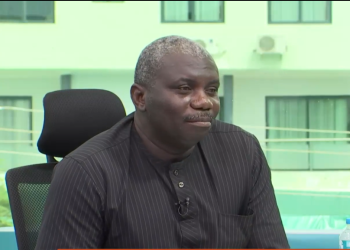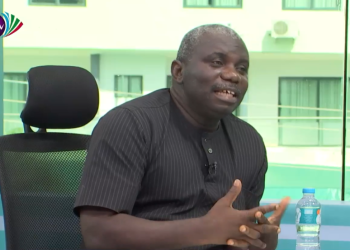Ghana’s uncontrollable inflation and forex challenges cannot be tackled anytime soon.
Slowing down the rates of inflation and depreciation of the cedi requires measures beyond the short term, economist and currency analyst at GC Capital Limited, Courage Boti has said.
“As long as our exchange rate is depreciating, inflation will always be elevated. The solutions are medium to long term”, the economist stressed.
The Ghana cedi has lost close to 50 percent of its value since the beginning of the year.
Bloomberg has also rated the currency as the worst-performing worldwide after considering a basket of 148 currencies around the world. Currently, the cedi is selling at over GH¢12.00.
Ghana’s inflation for September 2022 stands at 37.2 percent while Producer Price Inflation for the same month has risen to 45.5 percent.
Courage Boti said government must focus its attention on addressing the basic issues causing the depreciation that is hitting the business community and the pockets of the ordinary Ghanaian.
“Taxes, inflation and the exchange rate pressure are hurting everybody. The thing causing the high inflation is partly, the exchange rate, and it will always go to pricing because we are an import-depending country. There is nothing anybody can do immediately to bring inflation down. What we should be pushing for is getting government to do the right thing”, he said on The Point of View.
The economic downturn, Courage Boti fears, has no end in sight because government’s way of handling the situation has continuously proven not to be workable because of the worsening crisis.
He wants the Bank of Ghana to rather find a more sustainable approach that enables the country to withstand the pressures.
“Government is in a fix, the Central Bank is financing some of the deficit which is in itself inflationary, adding to the problem. That is why the interest rate is high. That approach is not sustainable, so we need to find a middle ground. The approach we have used in managing our exchange rate hasn’t been sustainable, and we will always be vulnerable to investor sentiments, that is why we are suffering the consequences of that approach and there is no quick fix really.”











